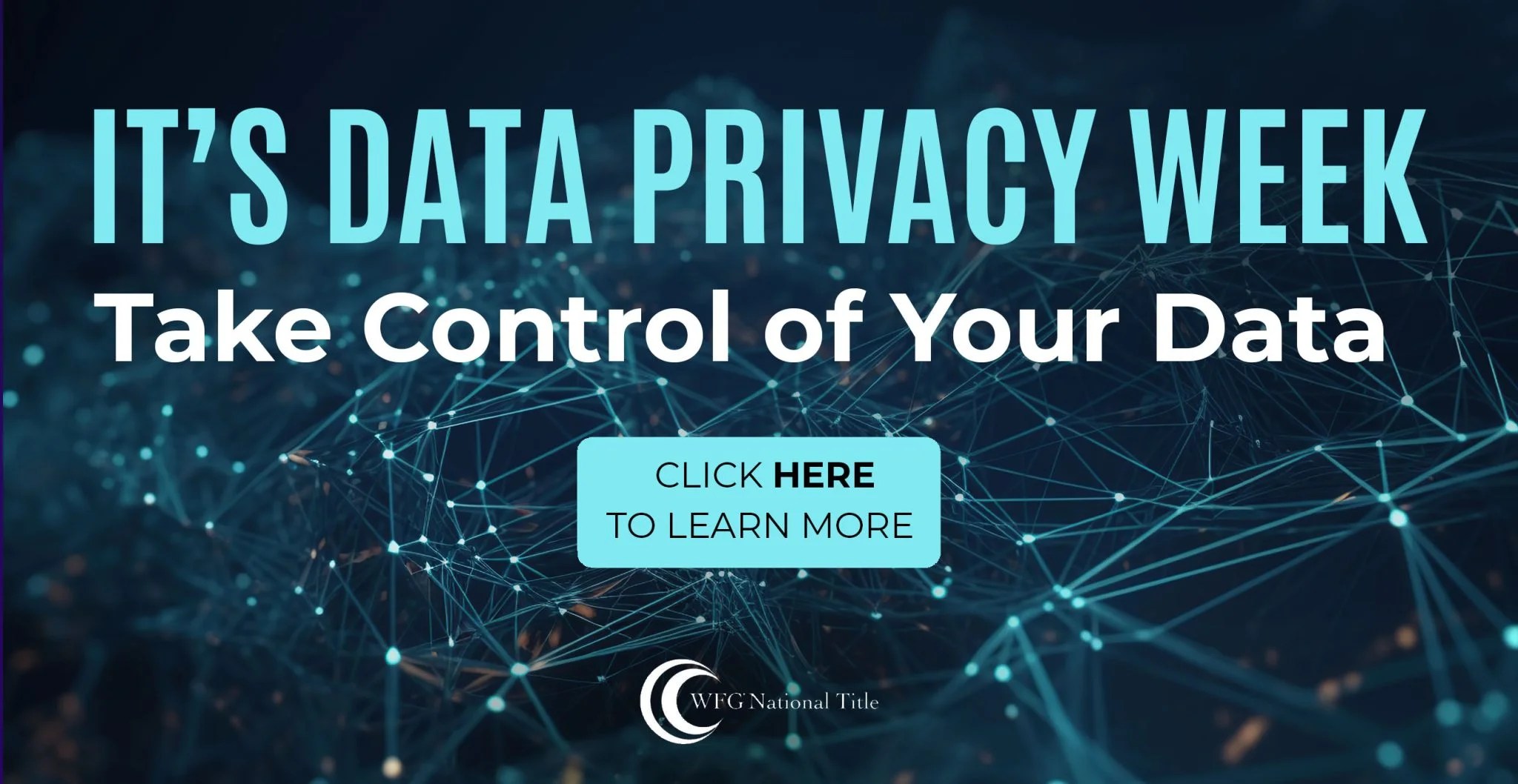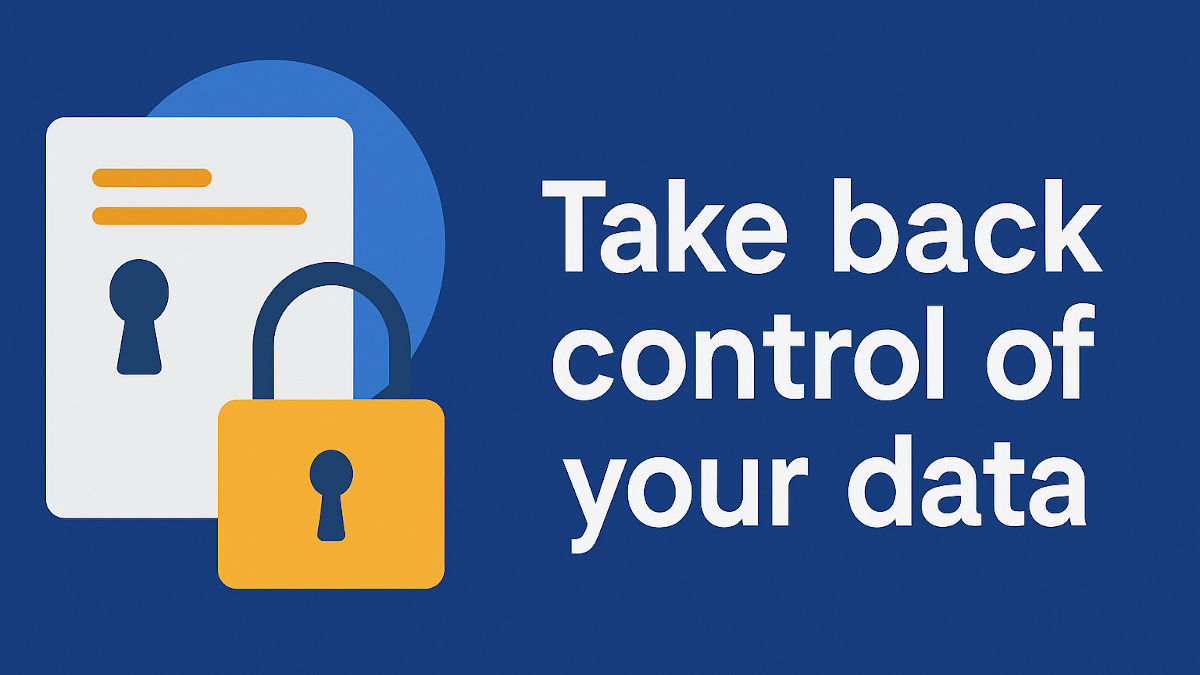In an era defined by ubiquitous digital connectivity, the question of personal data security has transitioned from a niche concern to a universal imperative. The stark warning implicit in phrases like "Angie Towers will your data be the next target take control now" underscores a heightened societal awareness regarding the vulnerability of personal information. This sentiment reflects a growing understanding that digital identity is not merely an extension of self but a critical asset demanding active protection. The core message resonates deeply: the time for passive observation is over; proactive engagement in safeguarding one's digital footprint is paramount.
Editor's Note: Published on {TODAY_DATE}. This article explores the facts and social context surrounding "angie towers will your data be the next target take control now".
Navigating the Evolving Landscape of Digital Vulnerability
The digital age has brought unprecedented convenience, but it has also opened new frontiers for risk. Data, once a static record, is now a dynamic, constantly generated stream, flowing through countless platforms and services. This pervasive data ecosystem makes individuals, consciously or not, participants in a vast information economy where their personal details hold significant value. The "Angie Towers" reference, whether hypothetical or indicative of a specific event, serves as a potent symbol for the myriad ways personal data can become a target. From sophisticated state-sponsored attacks to opportunistic cybercriminals, the motivations behind data breaches are diverse, yet their impact on individuals remains consistently disruptive and often financially damaging.
"The perimeter of personal data security is no longer just the individual's device; it encompasses every cloud service, every third-party application, and every digital interaction. This diffuse attack surface necessitates a fundamental shift in how individuals perceive and manage their online presence."
The Call to Action
The phrase "take control now" is not merely a suggestion; it represents an urgent call to action, emphasizing the verb phrase "take control" as a direct, imperative command. It implies a departure from complacency and a deliberate move towards digital self-governance. For too long, individuals have been largely passive consumers of digital services, often unaware of the extent to which their data is collected, processed, and potentially exposed. This command signals a necessary transition from being a mere data point to becoming an active guardian of one's digital identity. It encompasses a range of actions, from understanding privacy policies to implementing robust security measures, all aimed at empowering the individual in a complex digital environment.
Key Insight: The shift from passive data subject to active data steward is a defining characteristic of contemporary cybersecurity discourse, highlighting individual agency as a primary defense.
Urgent Reality: Data breaches are no longer a distant threat but a recurring reality, necessitating immediate and continuous vigilance from all digital citizens.

